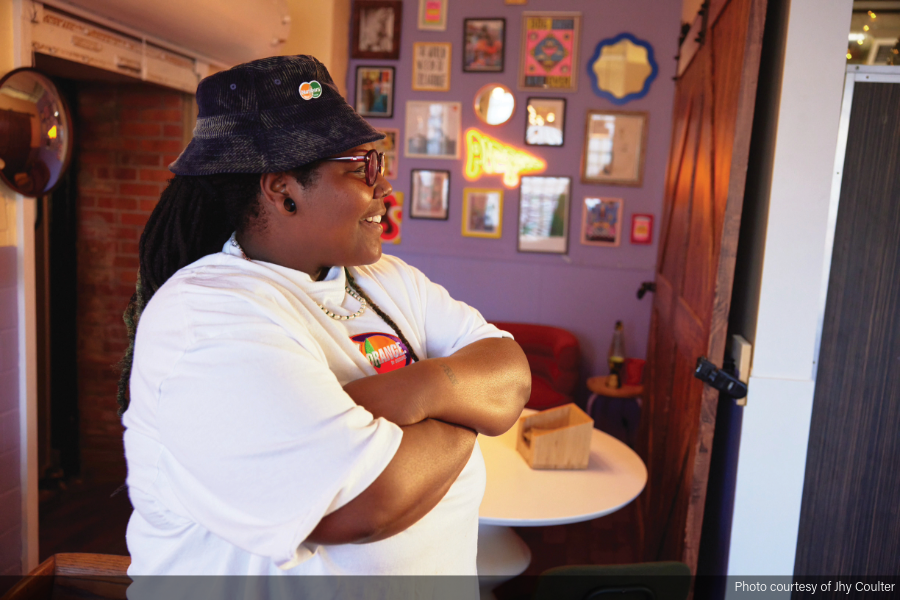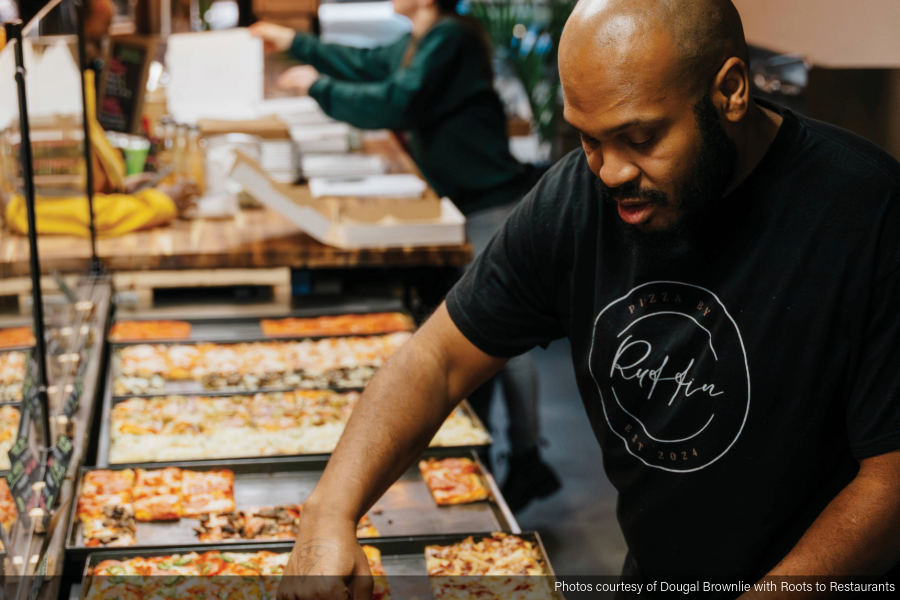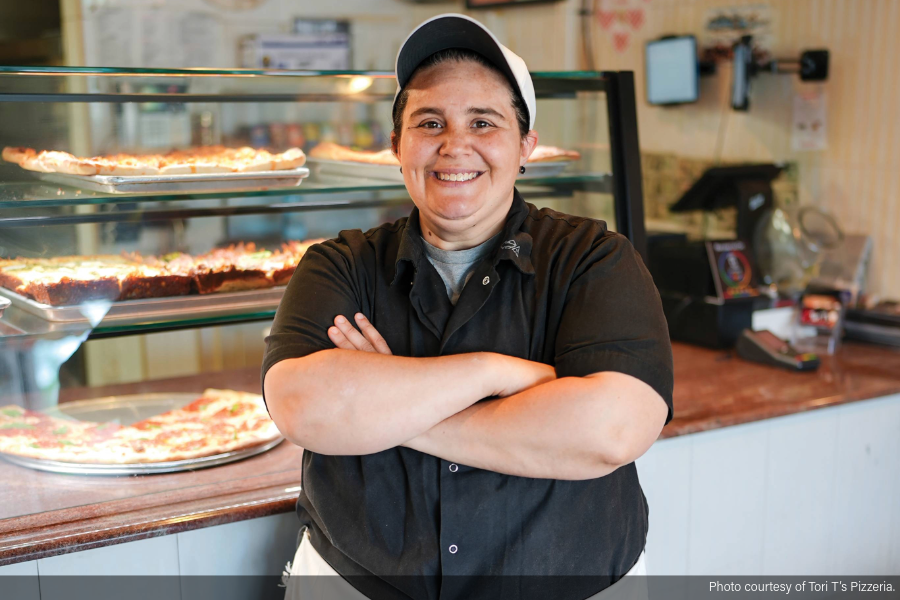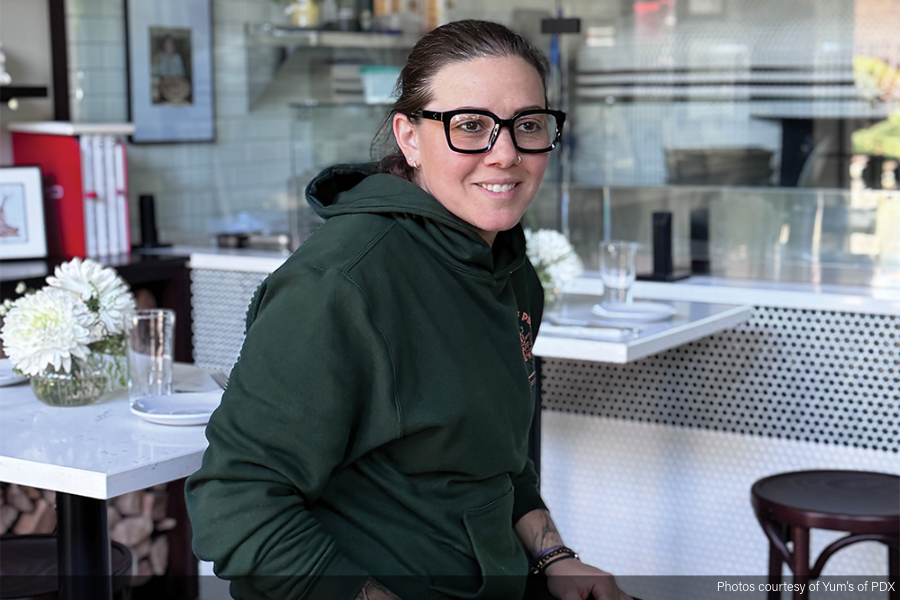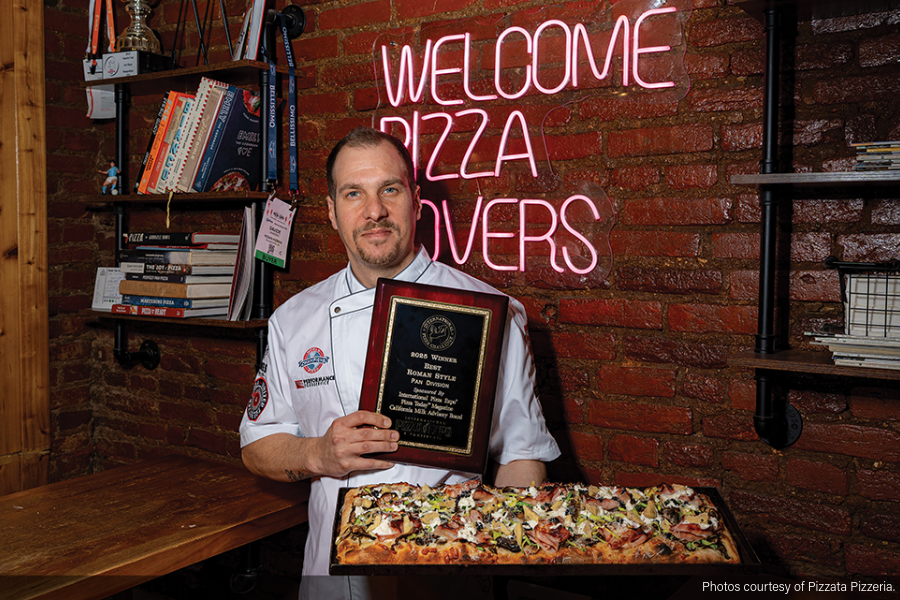 Phone etiquette is important for customer service and repeat sales
Phone etiquette is important for customer service and repeat sales
Even in today’s world of online and mobile ordering, there is still a place for the phone. Some customers prefer a pleasant human over a speedy internet connection. Others do not have access to a computer or smartphone. There are also the tech savvy people who do order online, then call the place to offer feedback later.
Front-of-house staff needs to know how to handle all these phone calls. Not only do workers need to know how to take orders and respond to complaints, but also how to do this with a high level of customer service.
The telephone is the direct link to customers, says Melissa Gardner, sales and promotions manager for Pizza House, which has two locations in Ann Arbor and East Lansing, Michigan. “Occasionally it is beneficial to be able to speak to someone over the phone,” she says. “It may expedite the ordering process in some instances, and allow for the person-to-person contact that online and mobile do not. It can also give our staff the opportunity to provide the above-and-beyond customer service care that we strive for.”
Etiquette refers not only to elaborate rules about table settings and royal protocol, but also to treating people with respect. That includes calls that come in during a busy shift. “We not only take orders over the phone, but transfer reservation calls, questions about dining room and delivery offerings, current specials, and can even set up labeling of individual items in large delivery orders,” Gardner says. “With all of this going on, we stress the ability to listen attentively in order to fulfill the customers’ requests and solve their problems efficiently and effectively.”
At Cincinnati, Ohio-based Dewey’s Pizza, new hires spend one to two shifts training just on answering the phone. The training covers how to take an order while inputting it into the point-of-sale system. It also covers old-fashioned details such as how to speak to customers. “‘Yes sir’ and ‘yes ma’am’ are more appropriate than ‘yeah’ or ‘uh-uh,’” says Chuck Lipp, chief operations officer of the 20-unit Dewey’s. “We ensure every guest has a quality interaction.”
Thirty percent of the orders are for carryout, and Dewey’s does not offer delivery. It also does not offer online ordering. “Online ordering is impersonal,” Lipp says. “You are not being connected with a person who can actually enhance your experience.”
Enhancing the experience means, for example, suggesting carrot cake to round out the meal. It also means helping the caller when the person is going back forth with the rest of the family. “You have someone who says, ‘Hang on a second, let me see what my husband wants,’” Lipp says. “They are keeping you on the phone because they are not prepared. You have to help them through the process and say, ‘You know you can do a half-and-half pizza, if that’s going to work for you.’”
Sometimes customers call a restaurant because they know nothing about what the place offers. “People don’t like to navigate a webpage,” says Carmina Casso, owner of Ciao! Deli & Pizzeria in Costa Mesa, California. “It might be an older crowd. Also we are next to a hotel, so sometimes people call because they do not have access to a computer. They call us and ask, ‘What is on your menu?’”
 Rather than read every item to the caller, the staffer is trained to narrow down the choices. They ask the customer if they are looking for pasta or pizza, what they usually order, and if they would consider a specialty pizza. So anyone who answers the phone at Ciao! is well educated on the menu, knows how to keep the conversation short and remains polite. “The conversation can go 20 minutes if you let it,” Casso says. “We don’t have that kind of time.”
Rather than read every item to the caller, the staffer is trained to narrow down the choices. They ask the customer if they are looking for pasta or pizza, what they usually order, and if they would consider a specialty pizza. So anyone who answers the phone at Ciao! is well educated on the menu, knows how to keep the conversation short and remains polite. “The conversation can go 20 minutes if you let it,” Casso says. “We don’t have that kind of time.”
Sometimes the person calls back to complain about an order, or to ask for something free because they had to wait. “The first thing is to not escalate the conversation, to keep calm and professional,” Casso says. “Sometimes when they are calling, they are starting to yell.” If the customer becomes obnoxious, the worker can hand the phone to Casso.
Those complaint calls are the real etiquette challenge. “Service failure is different from ordering,” says Kevin Murphy, chair of the Department of Hospitality Services at the Rosen College of Hospitality Management at the University of Central Florida. “The crucial thing you don’t want to do is put the blame on the customer.”
The staffer should apologize, he says. “Then say, ‘How can I fix this for you? Would you like a new pizza or would you like credit?’ You don’t want to say, ‘I don’t understand how that can happen.’”
One way to prevent those calls is by gently steering people away from problematic orders. At Denver Pizza Company, customers can add unlimited toppings for $4.50. Some callers take this as an invitation to ask for all the toppings on one pie. The person taking the order is instructed to warn the caller that a pizza would turn out greasy with 30 toppings. “The last thing we want to do is give them a bad product,” says Co-owner Phil Coan. “We want customers to know what they get. We manage expectations verbally.”
Nora Caley is a freelance writer specializing in food and business topics. She lives in Denver, Colorado.

 Phone etiquette is important for customer service and repeat sales
Phone etiquette is important for customer service and repeat sales

